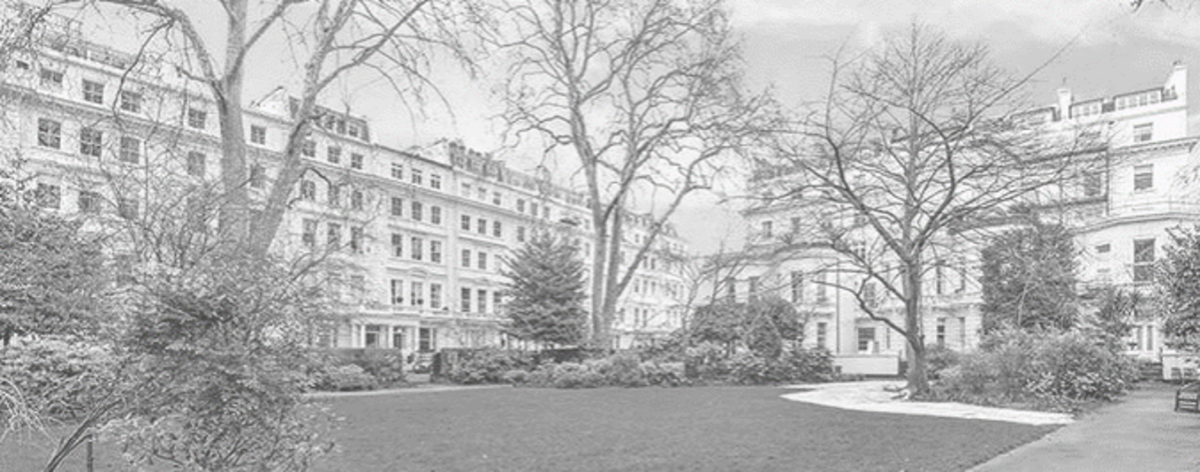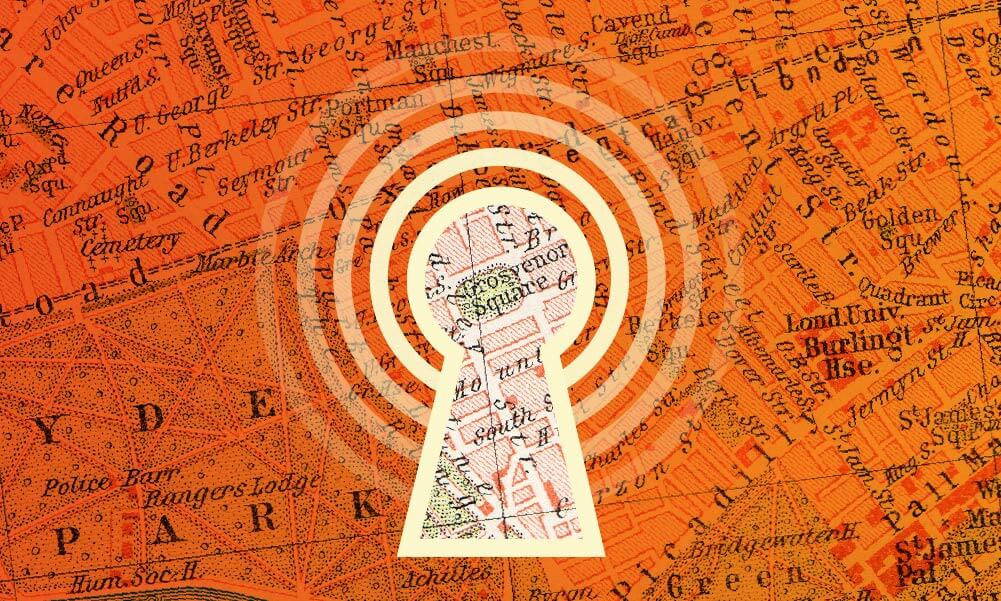Who owns London?
Finding Russian Owners of UK Property
British MPs have expedited the passage of the Economic Crime Bill, designed to curb money laundering and the hiding of “ill gotten gains”. As never before, ownership of high value property in the UK by wealthy Russians is subject to intense political and public debate.
The Bill’s most significant measure will be the creation of a register that reveals the beneficial owners of UK property. This is an attempt to prevent such owners being concealed behind so-called shell companies in offshore “secrecy” jurisdictions. Owners will have six months to register. The intended purpose, according to a government minister, is “to go after kleptocrats and corrupt elites”.
The legislation will profoundly affect our understanding of the UK property market. Overseas companies own approximately 94,000 properties in England and Wales, according to the most recent data. 21,435 of these are owned by companies in the British Virgin Islands, which have no obligation to disclose their shareholders. Other prominent secrecy jurisdictions include Jersey (20,867 properties), Guernsey (12,550) and Isle of Man (10,263).
But it is less clear what the relevant authorities will do once the owners have been revealed. Who will define “kleptocrat”? Who will be deemed “corrupt”? As a rule of thumb, the more corrupt a country the less likely it is to provide evidence of corruption to agencies in other countries. Put another way, the most deserving candidates for sanctions and asset freezes may be those about whom the UK authorities will find it most difficult to prove wrongdoing.
And Russian property owners are a mixed bunch. They include young tech entrepreneurs who, appalled by Putin, have quietly abandoned Russia. A small number are exiles living in Britain as a direct result of their public opposition to the Russian government.
Others prospered as insiders, but complained of political persecution only when the Kremlin turned against them. Last (and least in the eyes of the public) are those who enjoy the best of both worlds, using England’s baleful libel laws to quash public scrutiny of their fortunes.
As the Bill makes its way to the House of Lords, Greyhawk examined a sample of recently acquired UK properties to see if any trends could be discerned. We selected the thirty most expensive properties acquired in 2021, all worth at least £20m. What did we find?
The properties acquired in 2021 include:
- A £28m townhouse in Belgravia bought by the 26-year-old daughter of a former Russian foreign ministry official who later worked for Gazprom, (a state-controlled energy company), Gazprombank (a bank it created) and MiG (the sanctioned maker of Russian fighter jets).
- A £22m house in St John’s Wood bought by a Russian forestry tycoon and cheerleader for Dmitry Medvedev, deputy chairman of Russia’s Security Council and former president.
- A £22m flat in Mayfair bought by a Russian oil billionaire who was among 96 businessmen cited in the US Treasury’s 2018 “Putin List”, and whose long-time partner was among those summoned for a presidential briefing at the outbreak of the war.
To be clear: no allegation of wrongdoing by these individuals is implied. None is sanctioned. We say no more than it remains unclear by what criteria any UK property-owners will be judged to be “close to the Kremlin”.
The Russians are not alone and the high end property market is truly international. Other top thirty buyers in 2021 include the sons of a former Malaysian minister, owners of an Iraqi bank, a Chinese PR executive, a Bahraini royal, and the wife of a tycoon who sat on the board of the Kazakhstan’s sovereign wealth fund. France, Turkey, Australia are all represented. There are even a few Brits (mainly private equity types).
Intriguingly, a leading London law firm that provides wealth protection and reputation management services to politically-exposed millionaires acquired a £24m townhouse in Chelsea.
The number of properties acquired through offshore companies in our sample is surprisingly low. Only two properties are owned by companies in the British Virgin Islands. A £25m house in Kensington is owned by Liberian companies.
This differs from our caseload, in which about nine in ten high value properties are owned offshore. In part, this is a function of our work: the targets of asset tracing investigations tend to cover their tracks. Cracking open offshore companies takes a mix of know-how, perseverance and luck; a good investigator might hope to do so in half of all cases. It always takes longer than our snap analysis allowed.
HM Government will have access to more information and better tools. It will need them: in 2021 alone, a further 1,400-odd properties between £5m and £20m changed hands for a total of US$12.7bn. (NB This includes commercial property).
The most expensive property – a £111m apartment in Knightsbridge – may highlight a further challenge to the proposed beneficial ownership register. It is owned by a trust, a piece of lawyerly hocus-pocus where an individual effectively controls an asset but does not legally own it.
The Bill will oblige trustees to declare themselves, but does not appear to oblige the beneficiaries to be disclosed. If so, this would allow (for example) an oligarch to place a property into a trust, administered by professional trustees and of which his children were beneficiaries. The identity of every family member could remain concealed.
In summary, there is broad political support for a profound change in the UK’s relationship with Russian wealth. Yet challenges lie ahead to make the new rules effective and fair. Some oligarchs may cry foul. They are likely to get little sympathy from the British public, appalled by the horrors in Ukraine.
……………………………………………………….
A note on methodology, data and a few caveats. Our information was obtained from HM Land Registry and covers England and Wales only. We excluded commercial property. In six out of thirty transactions, insufficient data existed to identify the properties. Properties bought in late 2021 may not have been registered until 2022. Properties owned by offshore companies that were transferred through the buying and selling of the company may not be captured by HM Land Registry. Our research was conducted between 3 March and 4 March 2022. None of the property owners referenced were contacted for comment and no wrongdoing by them is implied.
Contact us:
"*" indicates required fields



